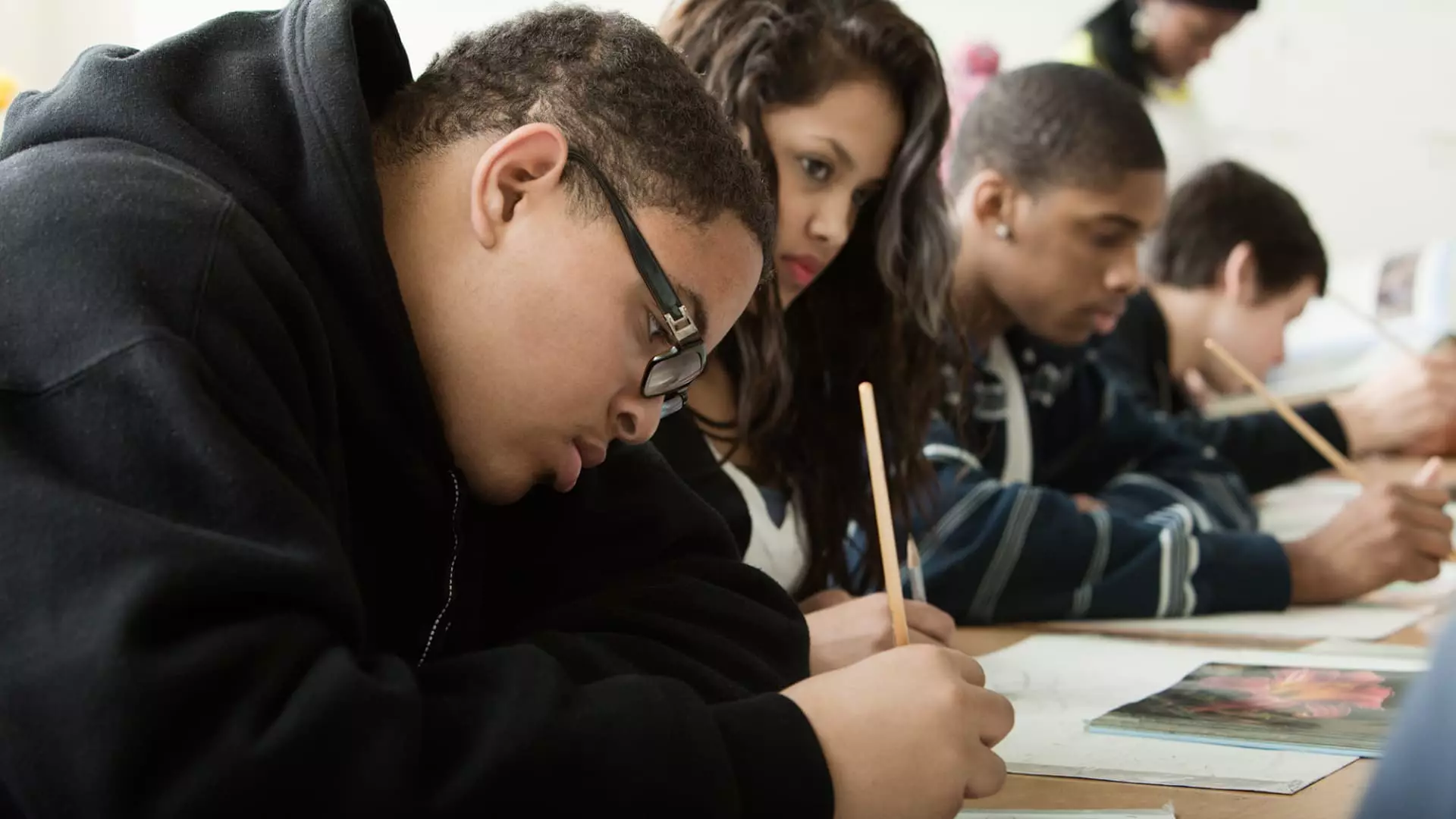In an era defined by economic uncertainty and rising living costs, financial literacy emerges as a cornerstone of personal and societal well-being. The case study of Keith Harris, a 17-year-old high school senior participating in KIPP DC College Preparatory’s NAF Academy of Business, underscores the transformative impact of comprehensive financial education on young individuals. Harris, along with his peers, navigates the complexities of budgeting, investing, and financial management, laying a crucial foundation for their future endeavors. This article explores the significance of long-term financial education initiatives, the gap in equitable financial learning opportunities, and the broader implications of instilling financial awareness in high school students.
The KIPP DC College Preparatory program distinguishes itself by offering a robust three-year finance curriculum combined with work-based learning opportunities. Unlike many high schools that may offer only a semester-long elective on personal finance, KIPP DC’s approach ensures that over 160 students engage deeply with subjects that can influence their socioeconomic trajectories. Harris’s experience of developing financial skills, such as investing and budgeting, exemplifies the philosophy behind the program: equipping students with practical knowledge they can employ immediately and throughout their lives.
A defining feature of the program is the partnership with institutions like Georgetown University’s McDonough School of Business. This partnership not only enhances learning through mentorship but also provides invaluable capstone projects that model real-world scenarios. These engagements foster an environment where students are encouraged to utilize their skills in actual professional settings, as evidenced by the internships available with major employers like Ernst & Young and Verizon. Such experiences are critical, especially for students from lower socioeconomic backgrounds, as they provide exposure and access to career opportunities that might otherwise remain out of reach.
Achieving Access Through Scholarship and Certification
For students like Harris, financial education is coupled with opportunities for economic mobility. With a full scholarship to continue his education, he exemplifies the program’s primary objective: breaking cycles of poverty through knowledge. The NAFTrack certification awarded to qualifying students is not just a piece of paper; it serves as a credential that signals readiness for both college and careers. This focus on measurable outcomes reflects a growing recognition of the importance of financial literacy as a tool for empowerment.
Despite high achievement rates—100% of KIPP DC senior students gaining college acceptance—there remains a pressing need for broader systemic changes. Shavar Jeffries, CEO of the KIPP Foundation, highlights this by emphasizing the gap in financial knowledge among youth. “Economic security must be a key part of it,” he states, reinforcing that financial literacy is not merely advantageous—it is essential in today’s economy.
Addressing the Financial Literacy Gap
As educational policies evolve, about half of U.S. states are now mandating at least one financial literacy course for high school students. Yet, schools serving lower-income communities often lack the resources or infrastructure to implement such programs effectively. Raven Newberry of the National Endowment for Financial Education draws attention to the systemic barriers that prevent equitable access to financial education. The disparity in educational offerings leads to a situation where disadvantaged students miss out on vital skills that could enable them to make informed financial decisions later in life.
The positive correlation between financial literacy and overall financial health is well-documented. Students with financial education are more likely to navigate higher education funding wisely, opting for lower-cost loans and grants instead of burdensome private loans or high-interest credit cards. Studies have shown that high school students who receive thorough financial training tend to have better credit scores and more favorable debt-to-income ratios in adulthood. The long-term benefits of such education extend into retirement planning and general economic stability, creating a ripple effect that enhances community welfare.
As we look to the future, the implications of financial literacy education are profound. With a grounding in financial skills, young people are not only better prepared for the realities of adult life but also empowered to make choices that foster generational wealth and stability. For graduates like Donyae Vaughan, who has plans to attend dental school and has already secured a summer internship with Accenture, the tools learned in high school are stepping stones to a brighter future.
As educational institutions and policymakers continue to expand and refine financial literacy initiatives, an emphasis on accessible, consistent programs will be crucial. Empowering every student—regardless of background—with financial knowledge ensures that they can contribute positively to society, lifting not just themselves, but their communities, toward greater economic health. In the end, financial education does not merely fill a curriculum; it dispenses invaluable life lessons that enrich individuals and enhance societal fabric.

